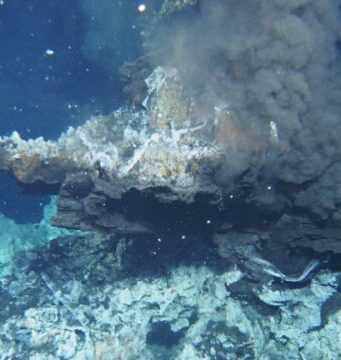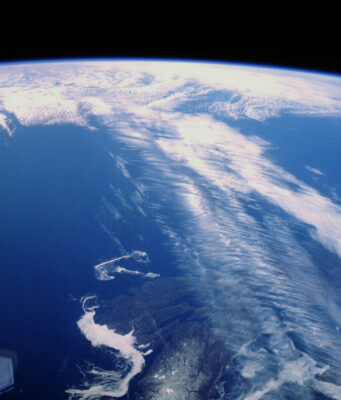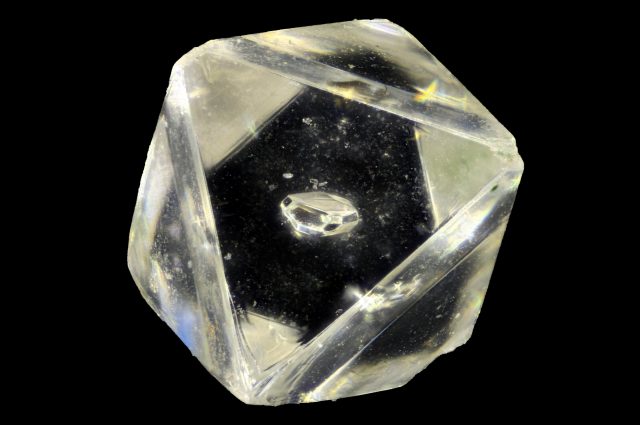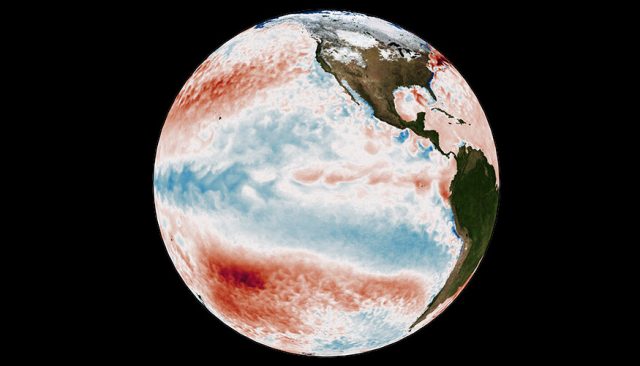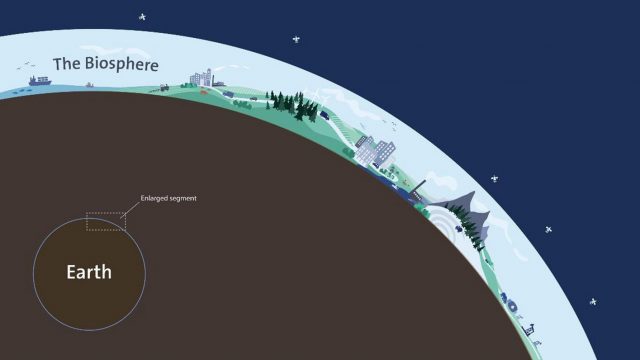Researchers have confirmed for the first time that Pine Island Glacier in West Antarctica could cross tipping points, leading to a rapid and irreversible retreat which would have significant consequences for global sea level.
Pine Island Glacier is a region...
A vast global ocean may have covered early Earth during the early Archean eon, 4 to 3.2 billion years ago, a side effect of having a hotter mantle than today, according to new research.
The new findings challenge earlier assumptions...
Earth has experienced five major mass extinction events over the past 500 million years. Massive volcanic eruptions have been identified as the major driver of the environmental changes that precipitated at least three of these extinction events. The fifth...
Earth is on a budget—an energy budget. Our planet is constantly trying to balance the flow of energy in and out of Earth's system. But human activities are throwing that off balance, causing our planet to warm in response.
Radiative energy enters...
The high temperatures and pressures of the Earth's mantle forge carbon-rich minerals known as carbonates into diamond. But less is known about the fate of carbonates that travel even deeper underground—depths from which no sample has ever been recovered.
Now,...
New research shows that naturally occurring climate variations help to explain a long-standing difference between climate models and satellite observations of global warming.
Satellite measurements of global-scale changes in atmospheric temperature began in late 1978 and continue to the present....
Human actions are threatening the resilience and stability of Earth's biosphere—the wafer-thin veil around Earth where life thrives. This has profound implications for the development of civilization, say an international group of researchers in a report published for the...
Beneath the cold, dark depths of the Arctic ocean sit vast reserves of methane. These stores rest in a delicate balance, stable as a solid called methane hydrates, at very specific pressures and temperatures. If that balance gets tipped,...
A new type of rock created during large and exceptionally hot volcanic eruptions has been discovered beneath the Pacific Ocean.
An international team of researchers including the University of Leeds unearthed the previously unknown form of basalt after drilling through...
Researchers at the Paul Scherrer Institute PSI have for the first time observed photochemical processes inside the smallest particles in the air. In doing so, they discovered that additional oxygen radicals that can be harmful to human health are...
Lightning strikes were just as important as meteorites in creating the perfect conditions for life to emerge on Earth, geologists say.
Minerals delivered to Earth in meteorites more than 4 billion years ago have long been advocated as key ingredients...


